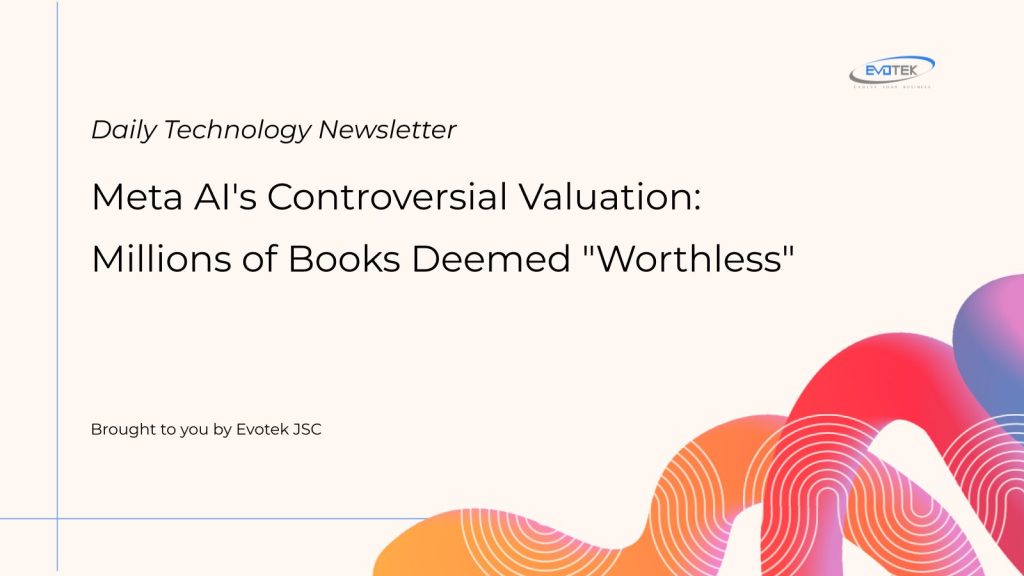As legal battles intensify, newly revealed court documents expose Meta’s controversial stance on the books used to train its AI: the tech giant considers over 7 million copyrighted books, including works by acclaimed authors like Beverly Cleary and Jacqueline Woodson, as having no individual “economic value.”
The revelation comes amidst growing scrutiny over the ethics of AI training data. Last month, when asked directly whether using pirated books for AI training was acceptable, Meta AI unequivocally condemned the practice, citing copyright violations and potential harm to authors and publishers. The AI itself acknowledged reports of Meta’s use of millions of pirated books, admitting that it has sparked widespread outrage.
The contradiction between Meta AI’s ethical pronouncements and the company’s legal defense has fueled further debate. Authors and publishers are questioning the logic behind deeming copyrighted material “worthless” after it has been used to develop a commercial AI product.
The lawsuits against Meta are expected to continue, with the “economic value” argument likely to be a central point of contention. The outcome of these cases could have significant implications for the future of AI training and copyright law.
By Keziah Weir

 日本語
日本語 한국어
한국어 Tiếng Việt
Tiếng Việt 简体中文
简体中文